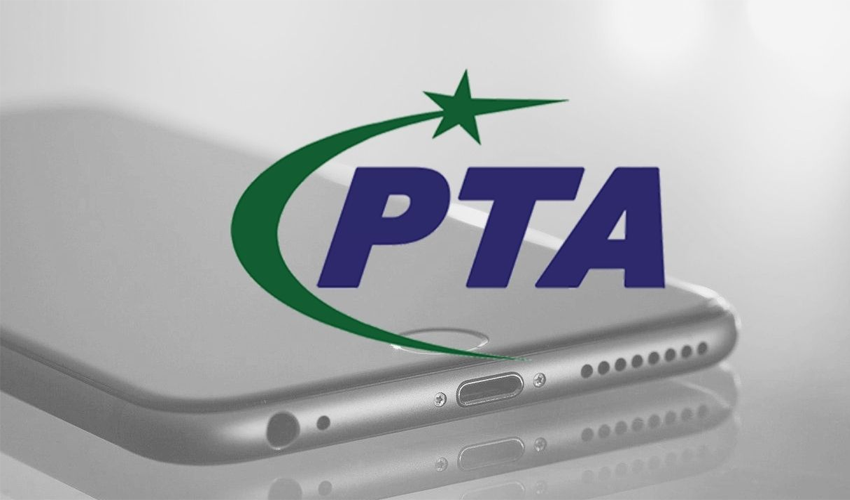155

The Pakistan Telecommunication Authority (PTA) has been actively blocking unregistered mobile phones across Pakistan as part of its efforts to regulate the use of mobile devices and curb illegal activities. This initiative is part of the Device Identification, Registration, and Blocking System (DIRBS), which aims to ensure that all mobile devices in the country are properly registered and comply with regulatory standards.
In this article, we’ll explore the purpose, process, impact, and challenges of this initiative, as well as how users can register their phones to avoid being blocked.
1. Purpose of Blocking Unregistered Phones
The primary goal of the PTA’s initiative is to ensure that all mobile devices used in Pakistan are registered with the DIRBS. This system is designed to prevent the use of smuggled, stolen, or counterfeit phones, which are often unregistered and contribute to illegal activities. By blocking unregistered devices, the PTA aims to:
Combat Crime and Terrorism: Unregistered phones are often used for illegal activities, including terrorism, fraud, and smuggling. Blocking these devices helps law enforcement agencies track and prevent such activities.
Promote Legal Compliance: The initiative encourages users to purchase legally imported phones or register their existing devices, ensuring compliance with national regulations.
Protect Consumers: Counterfeit and smuggled phones often lack proper safety standards, posing risks to users. The DIRBS ensures that only approved devices are used in the country.
2. How DIRBS Works
The Device Identification, Registration, and Blocking System (DIRBS) is an automated system that tracks the International Mobile Equipment Identity (IMEI) numbers of all mobile devices in Pakistan. Here’s how it works:
IMEI Tracking: Every mobile device has a unique IMEI number, which is used to identify it on cellular networks. The DIRBS monitors these numbers to detect unregistered or non-compliant devices.
Blocking Unregistered Phones: Phones that are not registered or do not meet PTA regulations are identified and blocked from accessing cellular networks. Users are notified via SMS, giving them an opportunity to legalize or register their devices.
User Notifications: The PTA sends alerts to users whose phones are at risk of being blocked, providing them with instructions on how to register their devices.

3. Impact of the Blocking
A large number of unregistered phones have been blocked over the years, significantly reducing the use of illegal devices.
The move has encouraged users to purchase legally imported phones or register their existing devices.
It has also boosted the sale of locally assembled phones, as they come pre-registered with the PTA.
4. Steps to Register a Phone
If a phone is blocked, users can register it by paying the required duties and taxes (if applicable) and submitting the necessary documentation to the PTA.
Tourists and visitors can use their phones temporarily by registering them through a simplified process.
5. Benefits of the Initiative
Reduction in Theft: Stolen phones become useless once blocked, discouraging theft.
Increased Revenue: The government collects taxes and duties on imported phones.
Improved Security: Registered phones are easier to track, aiding law enforcement agencies.
6. Challenges
While the initiative has been largely successful, it has faced some challenges:
Awareness Issues: Some users, particularly in rural areas, may not be aware of the registration process or the importance of complying with PTA regulations. The PTA has launched awareness campaigns to address this issue.
Smuggling: Despite the crackdown, the smuggling of phones persists. The PTA continues to work with law enforcement agencies to curb this illegal activity.
Registration Difficulties: Some users may face difficulties in registering their phones due to a lack of access to the necessary resources or documentation. The PTA has simplified the process and introduced online registration to make it more accessible.
